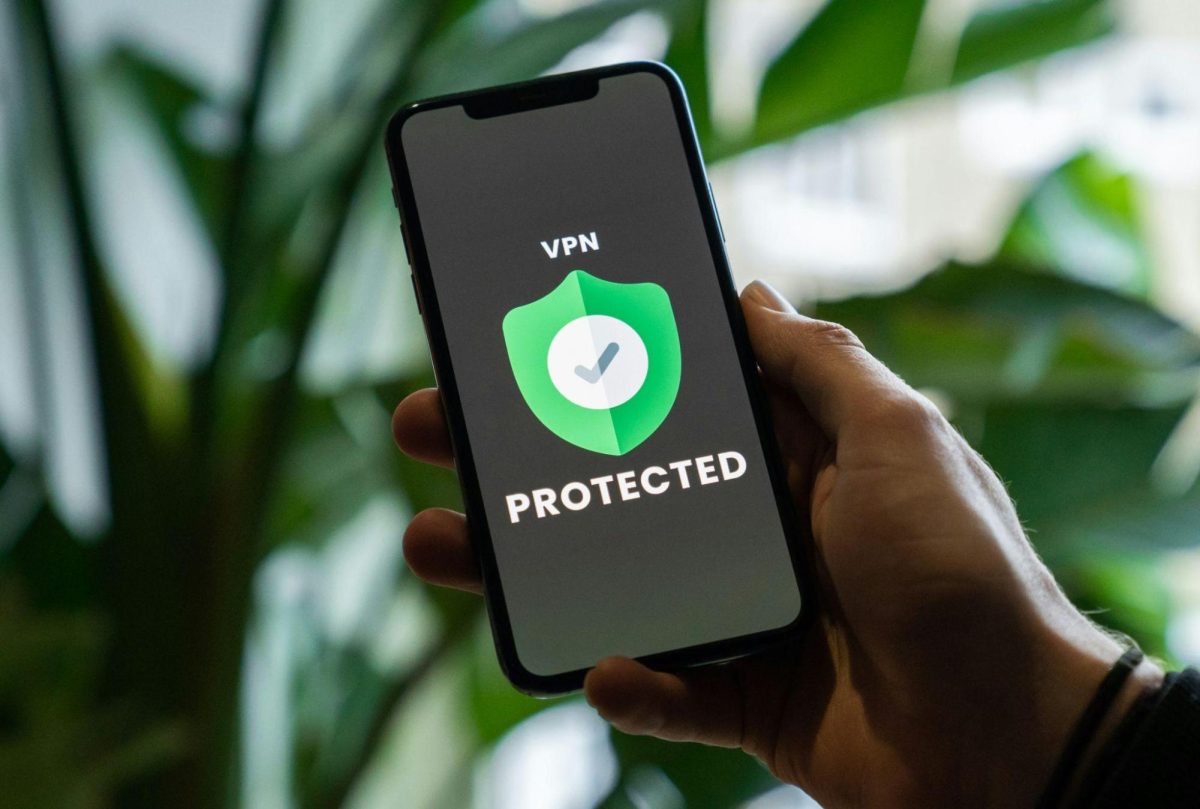In today’s digital landscape, where students rely heavily on campus networks and public Wi-Fi for their academic and personal needs, the importance of safeguarding their online activities has never been more paramount. As cybersecurity threats continue to evolve, students must take proactive steps to protect their sensitive information and ensure their privacy is maintained. One such solution is the use of a free Virtual Private Network (VPN), which can provide a robust layer of security and privacy for students accessing public Wi-Fi networks.
The increasing prevalence of student cybersecurity concerns and the growing need for campus network safety have made the use of a free VPN a crucial consideration for every student. By using a free VPN, students can enjoy the benefits of public Wi-Fi protection and safeguard their personal information, whether they are accessing the internet from their university library, a local coffee shop, or any other public hotspot.
Understanding Public Wi-Fi Risks for Students
Navigating the digital landscape as a student can be exciting, but it also comes with significant Wi-Fi security threats. Campus networks and public hotspots, such as those found in libraries and coffee shops, can expose students to a variety of cybersecurity risks that can compromise their personal information and data. Understanding these threats is crucial for maintaining student data protection and fostering a culture of cybersecurity awareness.
Common Threats on Campus Networks
One of the primary concerns on campus networks is the risk of man-in-the-middle attacks. Cybercriminals can intercept communication between students and the network, allowing them to steal sensitive information like login credentials, financial data, and even personal messages. Additionally, unsecured networks can be fertile ground for the distribution of malware, putting student devices and the entire campus network at risk.
Data Vulnerability in Libraries and Coffee Shops
Libraries and coffee shops often offer free, public Wi-Fi to their patrons, but these networks can be breeding grounds for nefarious activities. Hackers can easily set up rogue access points, luring students to connect to their malicious networks. Once connected, they can intercept data transmissions, leading to the theft of personal information, such as login credentials, contact details, and even financial information.
Personal Information at Risk
The use of public Wi-Fi networks can also expose students to the risk of personal information theft. Cybercriminals can gain access to a student’s browsing history, social media accounts, and other sensitive data, putting them at risk of identity theft, fraud, and other malicious activities. This can have far-reaching consequences, potentially affecting a student’s academic and financial well-being.
Benefits of Using a Free VPN for Student Safety
When it comes to navigating the digital landscape, students face unique challenges. Public Wi-Fi networks, often found on college campuses and in libraries, can be havens for cybercriminals. A free virtual private network (VPN) can be a powerful tool to enhance student online privacy and security.
By using a VPN, students can enjoy the benefits of encrypted connections, which shield their internet activity from prying eyes. This is particularly important when accessing sensitive academic resources or conducting research, as a VPN can help prevent data breaches and protect personal information. Additionally, a VPN can bypass geo-restrictions, allowing students to access region-locked content that may be vital for their studies.
Moreover, a free VPN can provide students with secure internet access, even in the face of public Wi-Fi vulnerabilities. This peace of mind can be invaluable, as students can focus on their studies without worrying about the risks of unsecured connections. With a VPN, students can browse the web, stream content, and communicate with confidence, knowing their online activities are shielded from potential threats.
Conclusion
In today’s digital landscape, where public Wi-Fi networks have become a common feature on college campuses and in popular student hangouts, the importance of adopting a free VPN cannot be overstated. As we’ve explored, these open networks pose significant risks to student privacy and security, from data breaches to identity theft.
By using a reliable VPN service, students can safeguard their personal information, protect their online activities, and enjoy the convenience of public Wi-Fi with peace of mind. This proactive approach to campus cybersecurity best practices not only enhances individual student VPN adoption but also contributes to a more secure online environment for the entire student community.
As you navigate the digital world, remember that your online safety for students should be a top priority. Embrace the power of a free VPN and take control of your digital footprint, ensuring that your personal and academic data remains protected, no matter where your studies take you.



